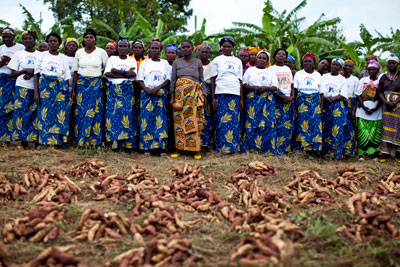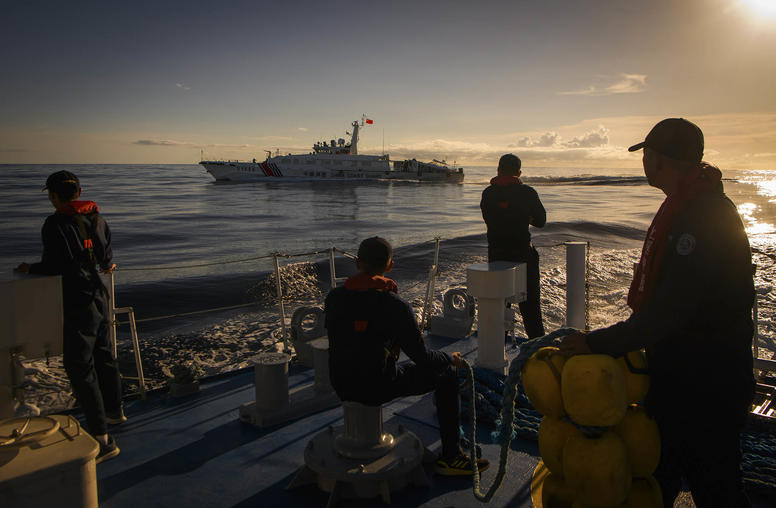Economic Dimensions of Peace Negotiation
Please join us for an event focusing on the arguments for and against the inclusion of economic considerations in peace processes, mechanisms to provide incentives for key stakeholders, strategies for resource-rich countries and recent case studies.

Relatively few peace agreements signed since the mid-1970s explicitly address economic issues like revenuesharing, job creation or the establishment of a robust economic climate. Available evidence suggests that countries with specificeconomic language in their peace agreements are less likely to relapse into conflict. A growing body of work argues that paying more attentionto investment, production, wealth distribution, accountability, and equity issues during peace negotiations could help consolidate peace and laythe foundation for sustained recovery.
Please join the Center for Sustainable Economies on February 24 for a full day event focusing on the arguments for and against the inclusion of economic considerations in peace processes, mechanisms to provide incentives for key stakeholders, strategies for resource-rich countries and recent case studies. Findings and recommendations will be published as part of USIP’s Peacemaker's Toolkit series.
Speakers
- Corinna Gilfillan,
Head of U.S. Office, Global Witness - Jennifer Hazen
Research Fellow, LBJ School of Public Affairs, University of Texas, and for the Center on Conflict, Development and Peacebuilding at the Geneva Institute - Sasha Lezhnev
Policy Consultant, the Enough Project & Executive Director, Grassroots Reconciliation Group - Topher McDougal
Faculty, Kroc School of Peace Studies, University of San Diego - John Murray
Senior Consultant, CMPartners & Professor, Johns Hopkins School of Advanced International Studies - Agnieszka Paczynska
Associate Professor, Institute for Conflict Analysis and Resolution, George Mason University - Sean Kane
Program Officer, Iraq Program, U.S. Institute of Peace - Raymond Gilpin, Moderator
Associate Vice President, Center for Sustainable Economies, U.S. Institute of Peace
Explore Further:
- Biographies
- Presentations
- Visit the Center for Sustainable Economies
- See USIP's work on Negotiation and Diplomacy issues
- Register for the USIP Academy Course "Negotiations from Checkpoints to High Politics"



